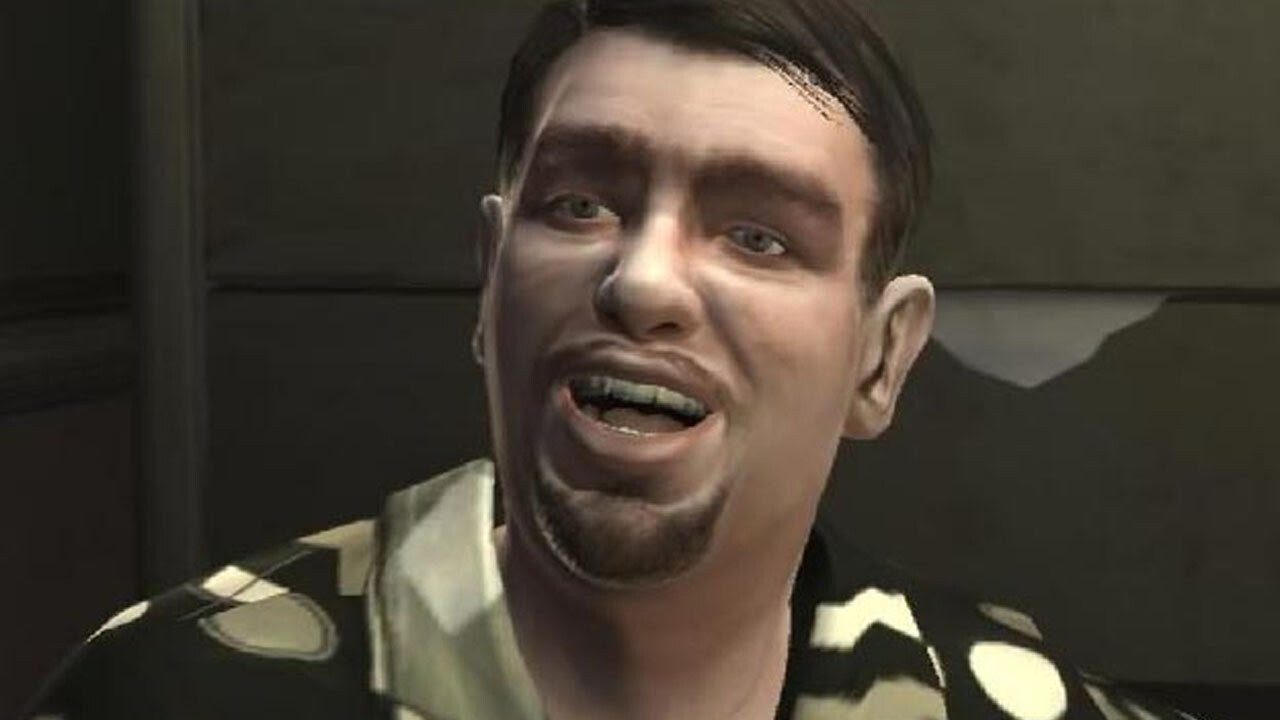The Pittsburgh Press (November 10, 1943)

Roving Reporter
By Ernie Pyle
This is the first of a new series of columns by Ernie Pyle, in which the famous war reporter tells his impressions and experiences at home. Mr. Pyle is about to push off on a new assignment to the war zones.
They say that when people lie in hospitals for two or three months, they have to learn to walk all over again when they finally get out of bed.
That’s the way I feel about column-writing after being away from it for nearly eight weeks. I feel as though I should take a correspondence course in how to start the first sentence. Even more so, I feel how nice it would be never to write a column again at all.
It really is hard to start back to the old grind. It’s hard to regiment yourself to daily, consecutive toil. It’s hard to force yourself away from home, with all its close ties and warm routines. But in these times, a fellow can’t just sit forever.
So, there’ll be a few “home” columns, and then there may be some days’ lapse while this pale chronicler again is being wafted across the oceans. And then, if all goes well, the old war columns will start once more.
Ernie dreads going back again
It is one of our popular heroic myths that anybody who comes back from the combat zone begins to itch after a few weeks, and finally gets so homesick for the front he can hardly stand it. In the movies, he starts back before his furlough is up.
Pap! And also tish! I’ve never hated to do anything as badly in my life as I hate to go back to the front. I dread it, and I’m afraid of it. But what can a guy do? I know millions of others who are reluctant, too, and they can’t even get home. So here we go.
The decision, it’s true, is my own. Nobody is forcing me to go back. Probably that’s the reason I feel so glum about it. Going back is all my own fault. I could kick myself.
During my stay at home, I’ve met a good many men back from overseas, men who really had been through the mill. I could sense in them the beginning of restlessness. Some even admitted they would like to go back overseas. But – and this is my point – I never met a single one who would ever go back into actual combat again if he could help it.
What returned soldiers actually do feel, after a while, is a sort of guilt at being here so comfortable and nice, when the guys you went through so much with are still over there taking it. You feel like a deserter and a heel – not so much to the war effort, but to your friends who are still over there freezing and getting shot at.
Few are really touched here
People at home all ask you about the same questions:
-
When will the war end? One guess is as good as another, if not better.
-
What has become of the 7th Army? I don’t know, and couldn’t tell if I did know.
-
What do you think about the home front? Honestly, it’s hard for me to say. I don’t truly feel that we’re very much at war here at home, but for some reason I can’t seem to get very exercised about it.
In home spirit, we aren’t in the war as deeply as some other countries, but I don’t see how we could be. With us so big and scattered, and the enemy so far away, the war is bound to seem academic to most of us. Only those who have received the dreaded telegram from the War Department feel it really.
Materially, it seems to me we hardly have been touched by war here at home. Okay, it’s hard to buy liquor, and women’s socks are awful, and you have to ride the bus, but so what? Our little annoying restrictions and shortages are so puny compared to those of other countries. We are still so rich and so well-fed and so plentiful.
I can’t see that it’s anybody’s fault, or even that it’s shameful, especially. We haven’t had anything yet, on a national scale, to burn and crucify us into anything greater than we were to begin with.
To most of us, the war doesn’t really hurt. The war is only a sense of oppression that hangs above our hearts. It’s an insecurity that we sense, not a pain that we feel. And I don’t see how it could be otherwise, unless we were fighting on our own doorsteps, in our own cities.

